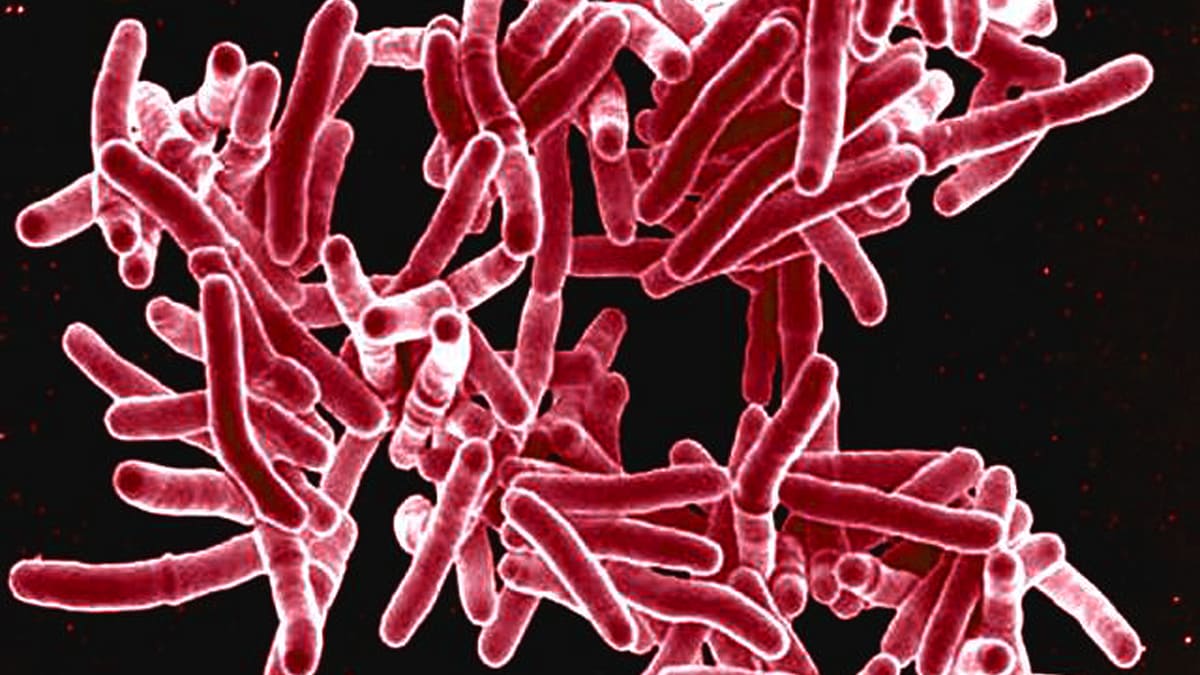What to know
- CDC's Tuberculosis (TB) Laboratory serves as the National TB Reference Laboratory
- The TB Laboratory supports all fifty U.S. states, U.S. territories and freely associated states.

About the lab
CDC's TB laboratory is a vital leader in safety and quality and has special facilities and expertise required to work with live TB organisms. The TB Laboratory supports TB elimination through:
- Clinical testing,
- Applied research, and
- Technical assistance.
Applied research helps to:
- Improve outbreak detection,
- Identify and characterize drug-resistance mechanisms,
- Explore novel strategies such as host-directed therapies, and
- Optimize use of state-of-the-art technologies.
How the lab supports public health
CDC's TB Laboratory supports health departments through:
- Consultation and technical assistance to public health laboratory and TB programs
- Molecular Detection of Drug-Resistance Service
- National TB Molecular Surveillance Center
- National Public Health Laboratory Drug Susceptibility Testing Reference Center for TB
Services and outreach
Drug susceptibility testing
CDC's tuberculosis elimination laboratory work provides services for testing of Mycobacterium tuberculosis (M. tuberculosis) complex (either processed specimens or culture isolates).
Any local health department, licensed physician's office, licensed laboratory, or licensed health care facility may submit samples for testing, but they must be routed through either their state health department or other authorized facility.
Molecular Detection of Drug Resistance (MDDR)
CDC offers a service to rapidly identify drug resistance, including multidrug-resistant, M. tuberculosis complex. This service utilizes DNA sequencing for detection of mutations most frequently associated with resistance to the most effective first and second-line drugs as well as new and repurposed drugs such as bedaquiline, clofazimine, and linezolid.
- Molecular Detection of Drug Resistance Request Form
- Laboratory User Guide for U.S. Public Health Laboratories: Molecular Detection of Drug Resistance (MDDR) in Mycobacterium tuberculosis Complex by DNA Sequencing
- Specimen Submission Form
Model Performance Evaluation Program
CDC's Model Performance Evaluation Program (MPEP) analyzes the performance and practices of clinical, commercial, and public health laboratories in the United States that perform drug susceptibility testing of isolates belonging to the M. tuberculosis complex (MTBC).
Epidemiologic investigations and surveillance activities
The TB Laboratory provides support for CDC's TB epidemiologic investigations and surveillance activities. TB genotyping results, when combined with epidemiologic data, help to distinguish TB patients who are involved in the same chain of recent transmission.
Genotyping
CDC contracts with a laboratory in Michigan to provide genotyping services to TB programs in the United States. Whole genome sequencing is the method used for genotyping.
Laboratory aggregate reports
As part of the CDC TB Elimination and Laboratory Cooperative Agreement, 58 supported state, local and territorial public health laboratories submit an Annual Performance Report. Data are compiled and presented in the Tuberculosis Laboratory Aggregate Report.
The purpose of this report is for public health laboratories to assess progress towards meeting national TB testing benchmarks and for peer comparison with other public health laboratories with similar specimen or testing volume, using similar methods, or in a similar geographical location.
Tuberculosis Laboratory Aggregate Report: Seventh Edition, was published in 2024. Previous editions are archived on CDC Stacks.
Laboratory guidelines
Lab partnerships
Association of Public Health Laboratories
CDC works with the Association of Public Health Laboratories (APHL) to strengthen the national laboratory system through evaluation, education, and training, as well as promotion of best practices and use of new tools.
Public Health Laboratories and TB Programs
CDC partners with public health laboratories and TB programs to provide patient care and genotyping services to aid in outbreak detection and technical consultations.
